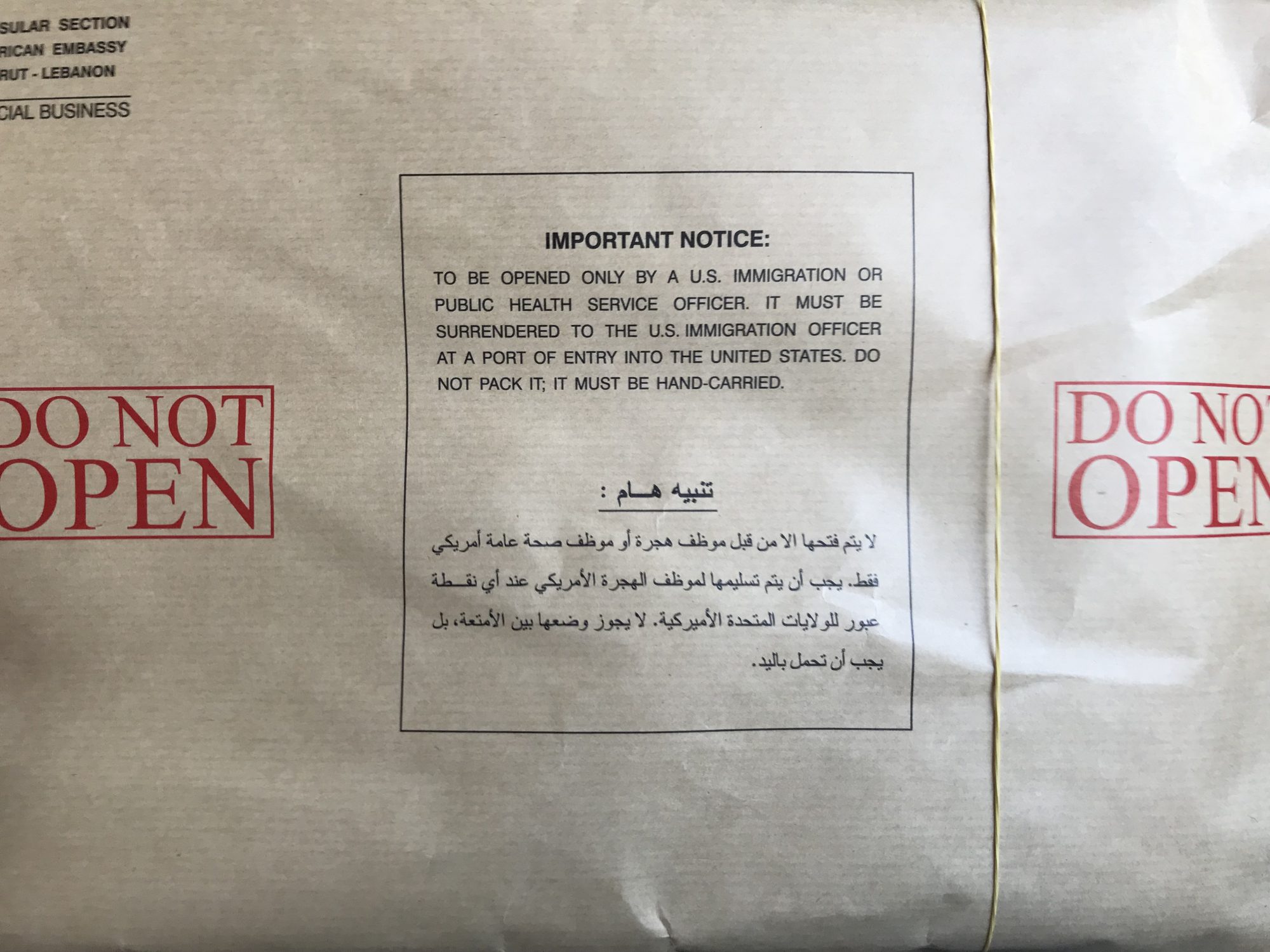There’s a sticky sandwich spread in the United Kingdom called marmite. It’s as dark and goopy as molasses but has a savory flavor that’s so strange and inscrutable that the company that produces it decided decades ago to celebrate its divisive distinctiveness with a slogan that declared: “Marmite—You Either Love It or Hate It.”
Brilliant. Why pretend that your yeast extract is just like peanut butter when it’s so demonstrably not? By fully owning your bizarreness, your fans become your best evangelists and you may even generate a healthy margin of profit from the curious seeking something new (even if that means a constant stream of one-time buyers).
I sometimes wonder if The Episcopal Church treats the Trinity a little like marmite. We poke fun at our dark and inscrutable doctrine of God knowing full well that it’s not really like any other, though it resembles many aspects of the universal experience of the divine. But too often, it seems to me like we talk about our marmite God—Father, Son, and Holy Spirit—like we’re on the wrong side of acquired taste.
The Trinity: You Love It or Hate It.
This strikes me as unfortunate. For those of us who are nourished by the doctrine of the Trinity, it isn’t a nice-to-have nor a cultural quirk like grandma’s smelly kitchen concoctions that we can easily set aside in the pantry; the Trinity is Blessed because it’s a map of reality and our place in it. It’s our name for the relational God we actually worship who is quite unlike the “big man in the sky” that too many think we worship. Trinity-talk is divisive, yes, but only in the way that marks on a map can be where they are and nowhere else.
And that’s not even the best reason to bless the Trinity. Like all maps, like all God-talk, the Trinity is a human achievement. It represents the improbable miracle of God’s people reconciling conflicting identities and images and assumptions. It ought to give us hope: that we can face the sticky goop of ultimate reality and have something to say.
This Trinity Sunday, let us savor our weirdness. Let us taste the ground of being on our tongue as we come to the altar rail to kneel and let us inwardly declare: we really do love it.
Published in The Key, parish newsletter of St. Peter’s Seattle, June 10, 2022

Great article .